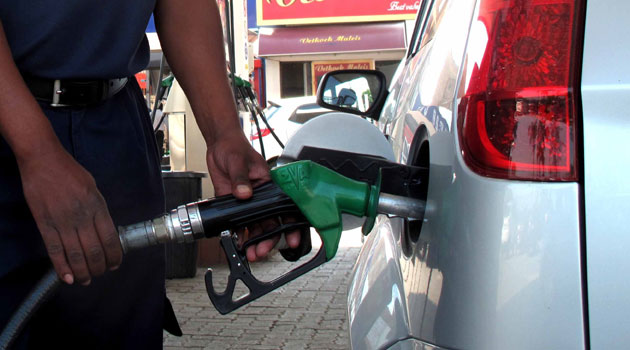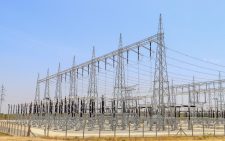Petrol station owners go hi-tech to curb fuel theft

Losses from fuel theft are driving petroleum retailers and petrol station owners to seek solutions so as to continue seeing positive growth in real earnings.
Unofficial estimates in the fuel retail market show that such losses can suck up to 40 per cent of revenue, relating to ordinary accounting slip-ups in fuel and lubricant materials.
Many firms are involved in the general fuel supply chain owing to its good returns, but cases of illegal bunkering and fuel contamination have become common complaints among individuals plying the trade, raising concerns.
However, most petrol stations are not “fully” automated which has seen some processes being handled manually.
Those familiar with the challenges in the sub-sector, especially in the oil and gas downstream operations, say that witty employees are now taking advantage of the existing loopholes and are fleecing their employers, dry. According to IT expert Renee Iyanga, this is a systematic internal theft that has gone undetected for years, eating into the profits of investors.
“As it is now, the traditional way of most operations at forecourt is very manual, and that means that there are so many leakages in terms of revenues and stock pilferages that proprietors suffer,” says Iyanga from online payment platform Pesapal.
Keen to avoid mass financial leakages at their forecourt businesses, a growing number of proprietors are now installing innovative software able to detect and relay information in real-time of all logistical operations in the retail fuel business to the last point of sale or delivery.
Real-time updates
Systems such as Pesapal Forecourt Management Solution (PFMS) are designed to help fuel retailers optimise their operations by monitoring all transactional processes of a given petrol station and transmit real-time updates and tinkering alerts.
At a given point, a typical petrol station has up to eight revenue streams in a single day that needs constant monitoring by one person. A typical forecourt controller includes an internal database for pump sales, tank measurements, in-tank deliveries, alerts, GPS records and fuel attendants’ and customers’ tags. Ideally, they generate reports using a web browser and can also upload all the registered records automatically to any remote cloud server, allowing them to easily remotely receive all detailed reports from the petrol stations, petroleum depots and fuel delivery trucks.
Revenue leakage is monies or finances that have been earned but not collected, generally because of a lack of awareness on the part of the business. It usually results from manual — and often faulty — finance and accounting processes, such as pricing errors, the use of incompatible invoicing systems, relying on spreadsheets and unbilled or underbilled services.
Some types of revenue leakage, according to Iyanga, are industry-specific, while others tend to happen across industries and connect distribution points and digital payments with tools to reduce costs and wastage, improving customer experience.
In February last year, Pesapal received accreditation from International Forecourt Standards Forum (IFSF) to provide integrated payment solutions to fuel stations. IFSF is a community dedicated to enabling technology standards to benefit automotive fuel and energy retailers.
Its objective is to ensure the harmonisation of equipment interconnectivity and communication standards. Its approach is collaborating with other standards organisations and relevant institutions to achieve common standards for the interoperability of forecourt and convenience devices and services.












